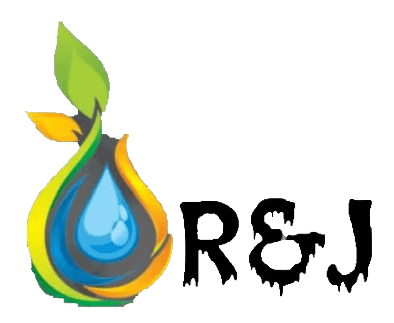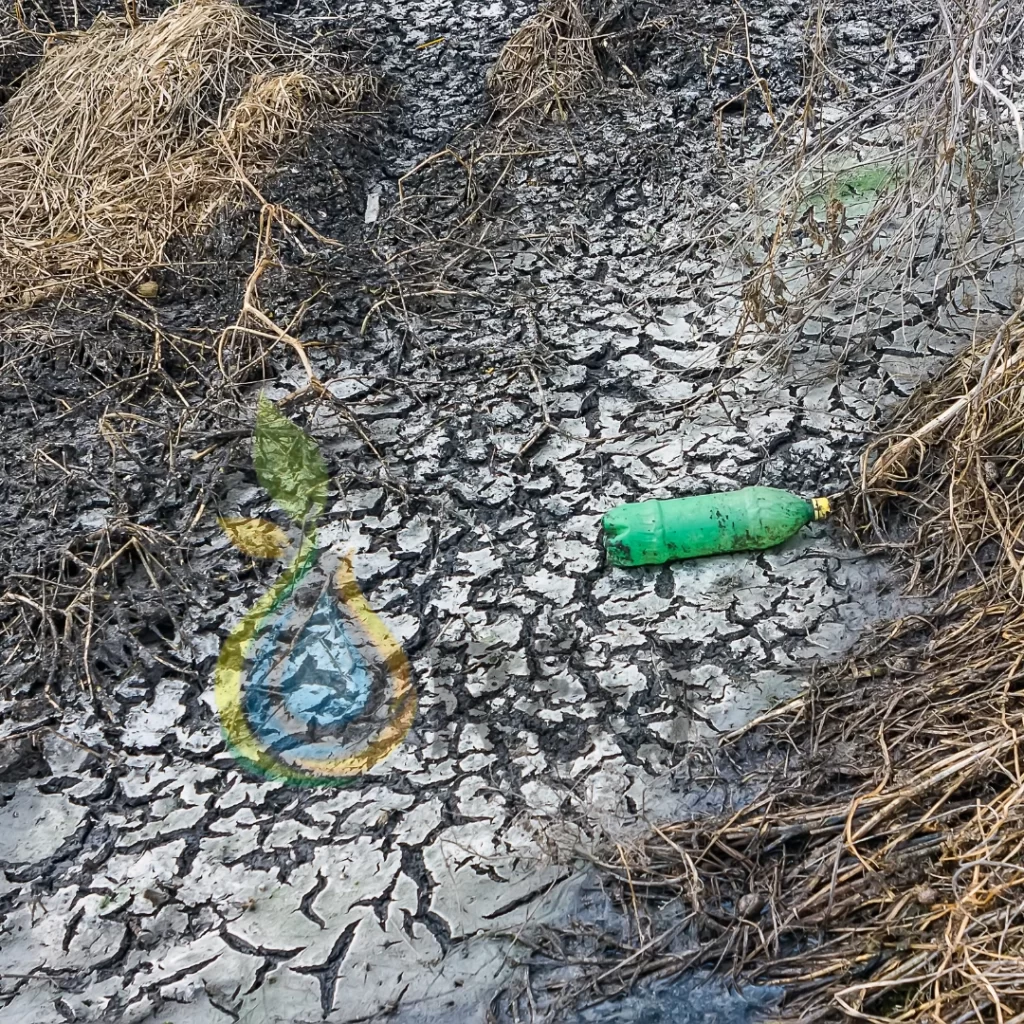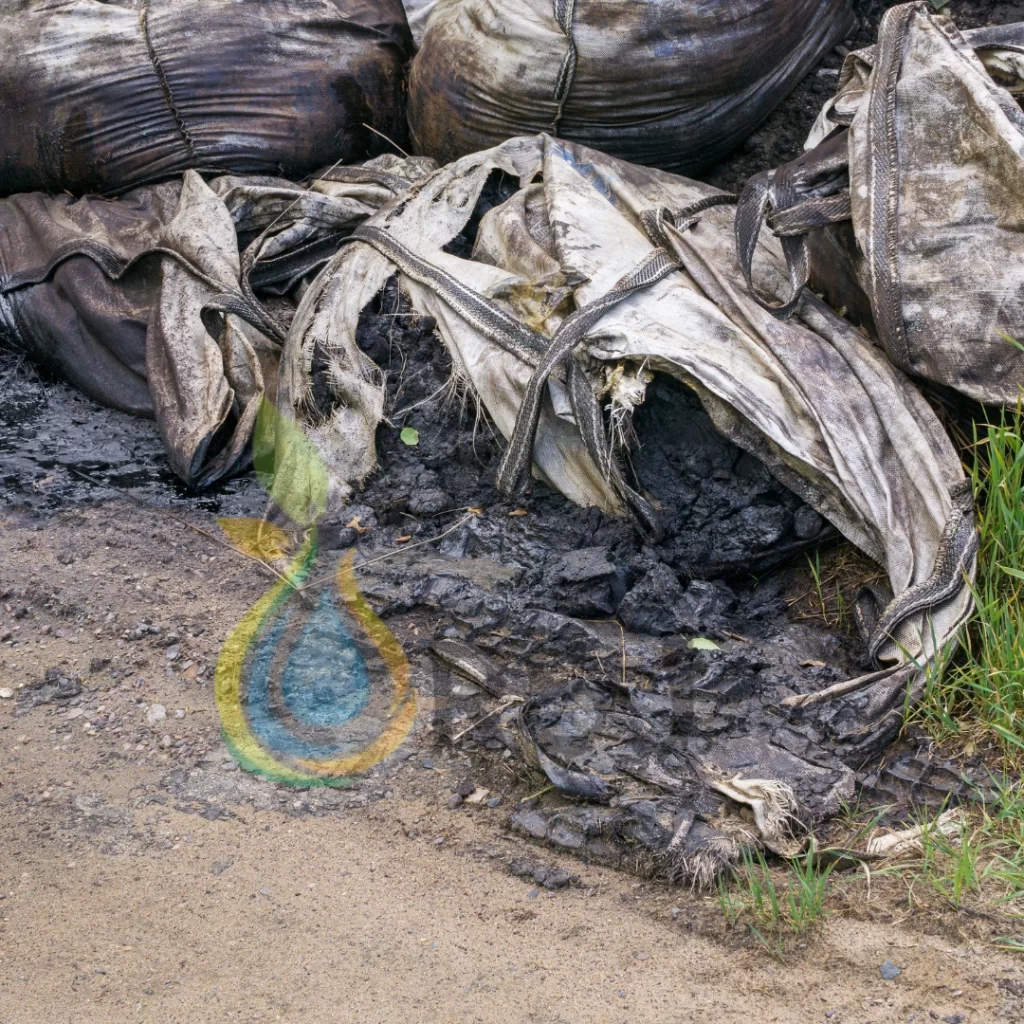What is Soil Pollution
Today in the world of industrial development there are many challenges in front of us. Soil Pollution is one of them that has emerged as a significant environmental and socio-economic challenge worldwide. It threatens public health, agriculture, food security, and the overall ecosystem. This article aims to study soil pollution in detail, including its meaning, major causes, sources, consequences, control measures, and other related aspects.
What is Soil Pollution?
Soil pollution is an environmental issue that often doesn’t get the attention it deserves, but it is one of the most pressing challenges facing our planet today. The soil, which is the foundation of life on Earth, plays a vital role in supporting agriculture, providing habitats for organisms, and ensuring the overall health of ecosystems. However, the rapid growth of urbanization, industrialization, and improper waste disposal has led to significant contamination of the soil.
Main Causes of Soil Pollution
- Industrial Activities
Industrial waste is one of the leading causes of soil pollution. Factories often release harmful chemicals, heavy metals, and toxic substances into the soil, either through spills, leaks, or improper disposal of waste. These pollutants can remain in the soil for years, making it difficult for plants to grow and for the soil to recover. - Agricultural Practices
The excessive use of chemical fertilizers, pesticides, and herbicides in agriculture is another significant contributor to soil pollution. While these chemicals help to increase crop yield, they can also contaminate the soil, leading to reduced fertility and potential harm to both plants and the environment. - Deforestation
The cutting down of trees and improper land use can lead to soil erosion and expose the soil to pollutants. Without trees to protect it, the soil becomes more vulnerable to contamination from external sources, like waste and chemicals. - Improper Waste Disposal
Improperly disposing of household and industrial waste, such as plastics, chemicals, and untreated sewage, directly contaminates the soil. When waste is not disposed of properly, it can seep into the soil and poison the ground for years to come. - Mining Activities
Mining operations often result in soil pollution through the release of harmful substances, such as mercury, arsenic, and other toxic metals. These chemicals can leach into the soil and negatively impact its quality.
Impact of Soil Pollution:
Healthy soils are critical for supporting human health. They are essential for food, biomass and fibre production, the production of certain medicines, and retaining and filtering water.
- Health Hazards
Soil pollution can have serious health implications. Toxic substances in the soil can contaminate food crops, which, when consumed by humans and animals, can lead to poisoning, cancer, and other serious diseases. - Loss of Soil Fertility
Pollutants can degrade the soil’s structure, reducing its ability to retain water and nutrients. This can lead to a decline in soil fertility, making it less productive for agriculture. Over time, the soil may become incapable of supporting plant life. - Ecosystem Disruption
Soil pollution can disrupt local ecosystems by harming microorganisms, plants, and animals. When the soil becomes contaminated, it affects the entire food chain, leading to the loss of biodiversity. - Contamination of Water Sources
Pollutants in the soil can seep into groundwater, rivers, and lakes, contaminating freshwater sources. This not only affects aquatic life but also makes water unsafe for human consumption and irrigation.
Preventing Soil Pollution
In this world of development all countries are trying to develop their country. There are many challenges in front of the government of a country to prevent their country from different kinds of pollution. Soil Pollution is one of them, for human lives to survive in the future we should try to prevent the soil from the pollution and the risks and impacts of soil pollution on human health, the environment and food security, without neglecting soil degradation and the burden of disease resulting from exposure to polluted soil.
Preventing soil pollution requires a collective effort from individuals, industries, and governments. Here are some steps that can help reduce soil contamination:
- Promote Sustainable Farming
Using organic farming methods, reducing the use of harmful chemicals, and practicing crop rotation can help maintain soil health and prevent contamination. - Proper Waste Disposal
Proper disposal of industrial and household waste is crucial. Recycling, composting, and following waste management protocols can help reduce the amount of waste that ends up in the soil. - Afforestation
Planting more trees can help protect the soil from erosion and prevent pollutants from directly contaminating the soil. Reforestation programs also play a key role in restoring degraded land. - Regulating Industrial Waste
Industries must adopt eco-friendly practices and comply with regulations that prevent the release of harmful pollutants into the soil. Proper disposal of industrial waste and the use of cleaner technologies are vital steps in reducing soil pollution. - Environmental Education and Awareness
Raising awareness about the importance of soil health and the consequences of pollution can encourage individuals and businesses to take more responsible actions toward preserving the environment.
Enquiry Now
Healthy soils also play a key role in carbon and nutrient cycles. Soil pollution affects soil fertility; this food security, which is essential for human survival. Soil pollution is a critical environmental issue that affects not only the health of the land but also the well-being of all living organisms, including humans. By understanding the causes and consequences of soil pollution, we can work towards implementing effective solutions and adopting sustainable practices to protect our soil and future generations. It’s time for all of us to recognize the importance of soil health and take proactive steps in keeping our planet clean and sustainable.
At R&J Waste Water Treatment Organization, we are committed to environmental sustainability and providing solutions that help reduce pollution and protect our natural resources. Through advanced wastewater treatment technologies and responsible waste management practices, we strive to contribute to a cleaner, greener world. Let’s work together to combat soil pollution and safeguard the future of our planet.


